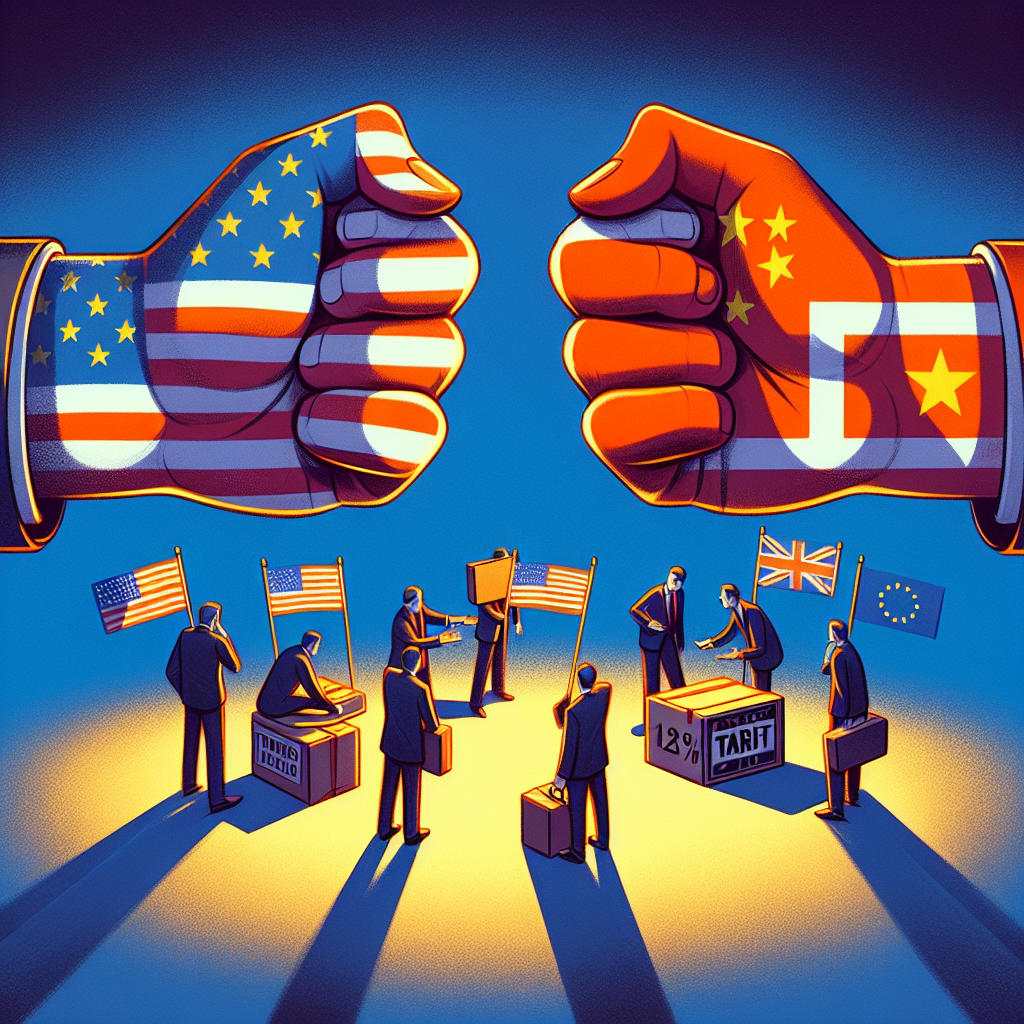China Calls for Compromise Amid Trump’s 125% Tariff Hike
China Calls for Compromise Amid Trump’s 125% Tariff Hike
Introduction
In a significant escalation of trade tensions, the United States, under President Donald Trump, has announced a substantial 125% tariff hike on certain Chinese goods. In response, China is urging for a compromise to mitigate the potential economic fallout and restore stability in international trade relations.
Key Developments
- Tariff Increase: The U.S. has imposed a 125% tariff on a range of Chinese imports, intensifying the ongoing trade war between the two economic giants.
- China’s Response: China is advocating for dialogue and compromise, emphasizing the need for a balanced approach to resolve trade disputes.
- Global Impact: The tariff hike is expected to have widespread implications, affecting global supply chains and international markets.
China’s Call for Compromise
China’s government has expressed a strong desire to engage in constructive negotiations with the U.S. to find a mutually beneficial solution. Chinese officials are highlighting the importance of cooperation and compromise to prevent further economic disruption.
Potential Consequences
- Economic Uncertainty: The increased tariffs could lead to higher costs for businesses and consumers, contributing to economic uncertainty.
- Market Volatility: Financial markets may experience heightened volatility as investors react to the escalating trade tensions.
- Supply Chain Disruptions: Companies reliant on Chinese imports may face supply chain challenges, prompting a reevaluation of sourcing strategies.
Conclusion
The U.S. tariff hike marks a critical juncture in the ongoing trade conflict with China. As China calls for compromise, the international community watches closely, hoping for a resolution that will stabilize global trade dynamics. The situation underscores the need for diplomatic engagement and strategic negotiation to address complex economic challenges.

































